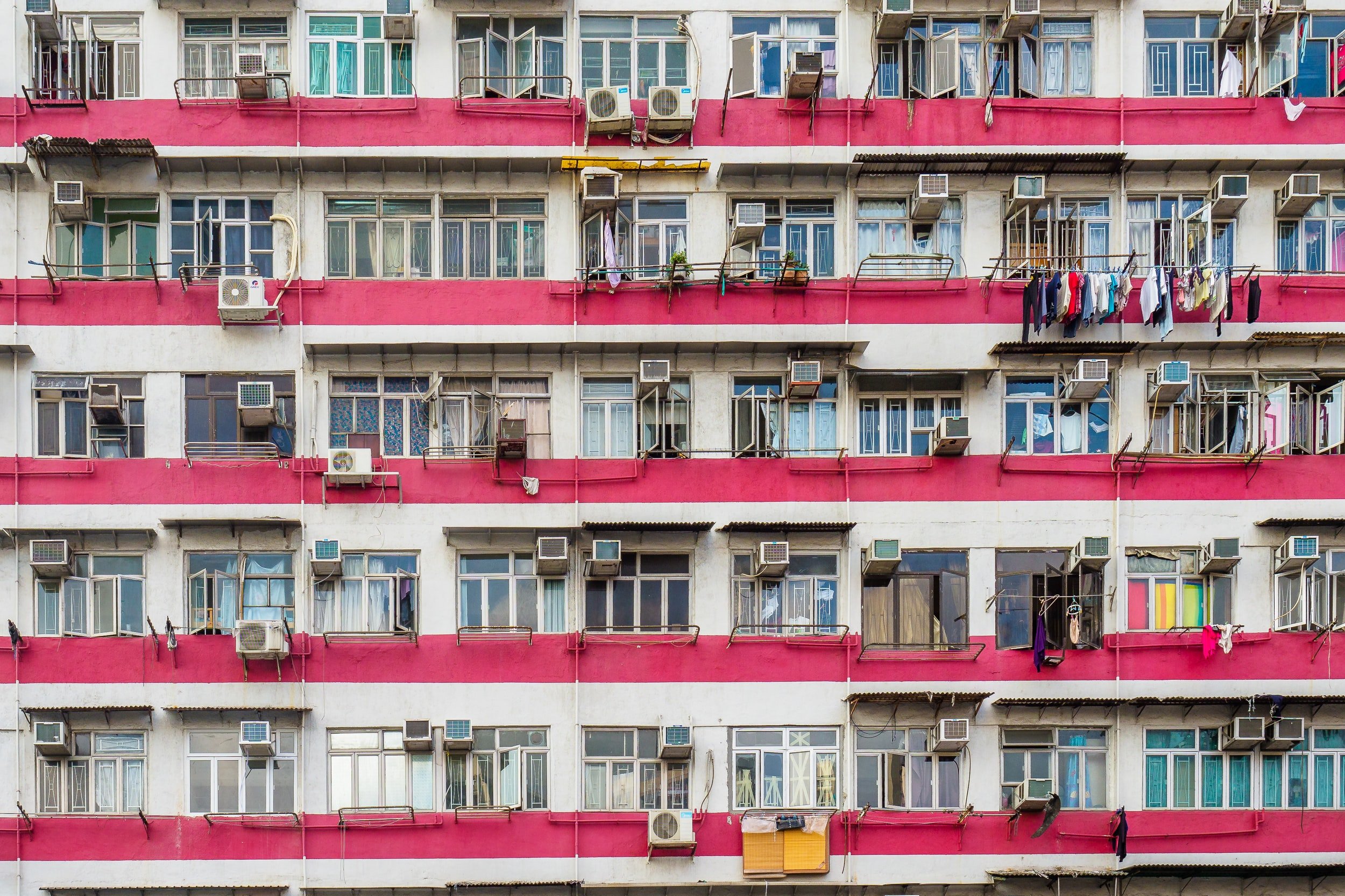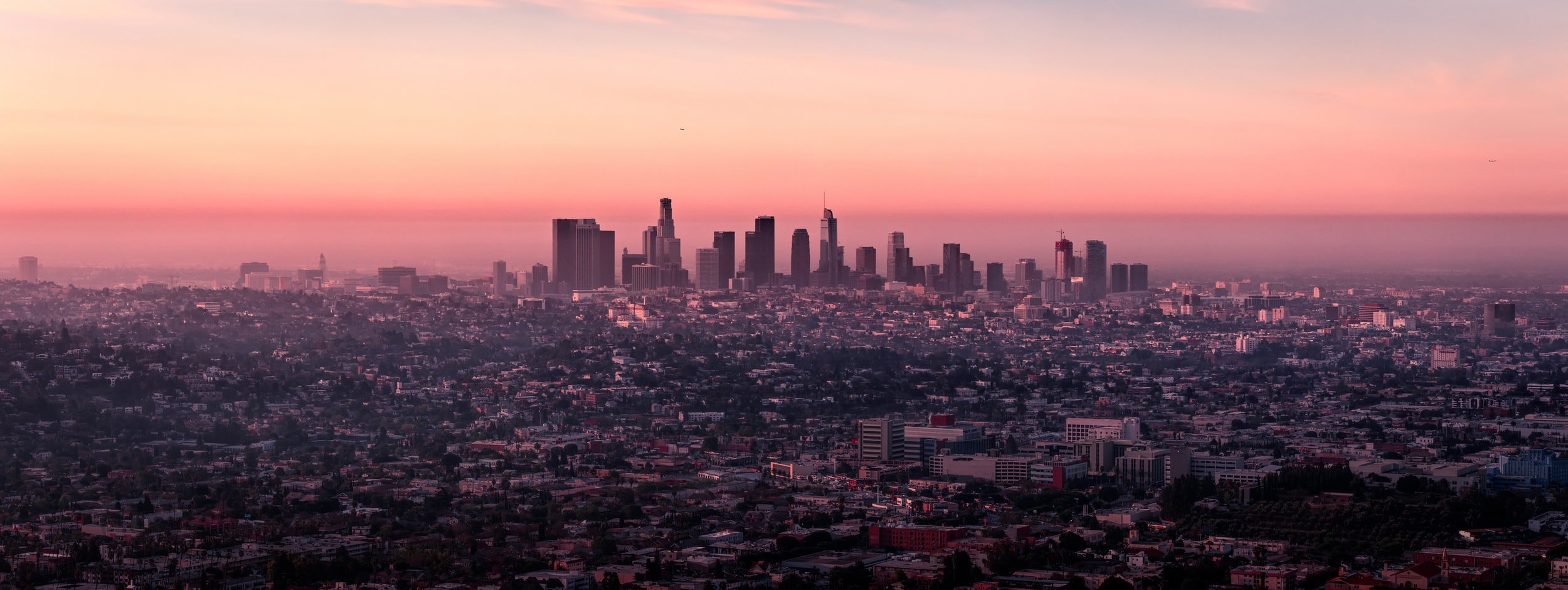
Overpopulation
As the number of people increases, so does the demand for food, water and other resources. Techniques developed to farm food and produce items that people want to use, from clothes and cars to computers, mean that the Earth’s resources are rapidly being used up. The harmful emissions produced by factories and vehicles cause environmental damage, such as climate change.
Today the Earth is home to more than 7.8 billion people. By 2100 the population is on track to hit 10.8 billion, according to the United Nations. Due to the advance of technology, Medication and personal care, the mortality rate of infants is much lower than before. At the same time, the lifespan of people is much higher than before. The life expectancy today is twice what it was in 1900.
Then what is the effect of overpopulation? The growing population will lead to more deforestation, more emission of greenhouse gasses and more pollution. According to estimates in a study by Wynes and Nicholas (2017), One fewer child can reduce 58.6 tons of CO2 emission each year in a developed country. And since there is less population, it will be less likely for there to be a pandemic. Also, since the sources are not enough for such a large population, there will be more people having problems like lack of food, clean water, housing and energy.
To solve the problems overpopulation causes, the Chinese government releases the policy of family planning. They limit the amount of childs that every family can have and if a family has more than that amount, then the family has to pay the fine. That policy successfully controls the population in China and other countries should learn from the Chinese government to prevent overpopulation.
Source: https://info.populationmedia.org/blog/overpopulation-cause-and-effect

Author: Kevin Hong
Contact: khong.2023@carmelhs.org
Editor: Kelly Ni
